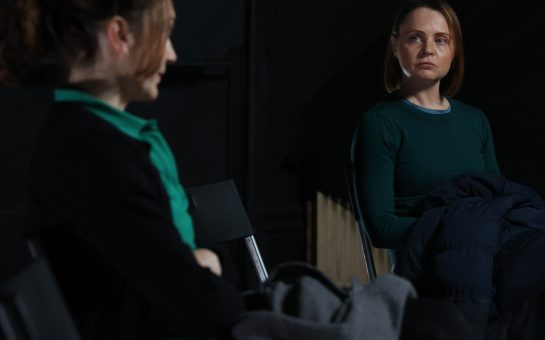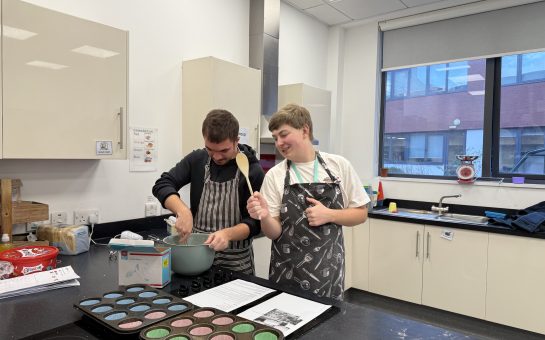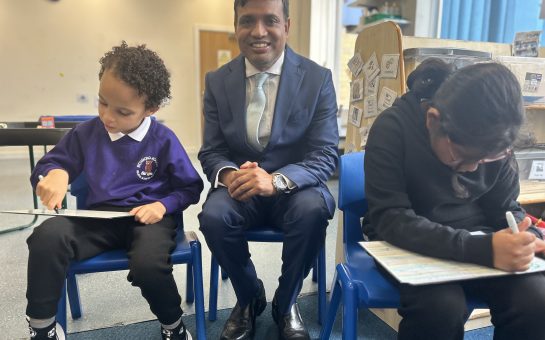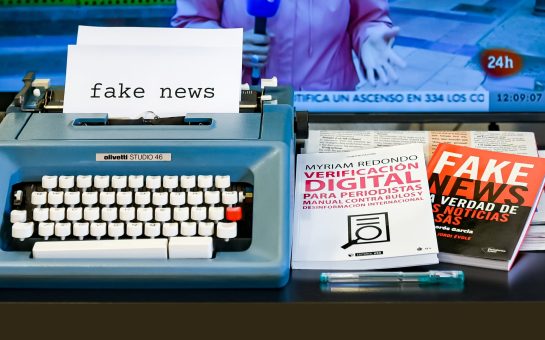Teaching black history should be a bigger part of the national curriculum across the UK, according to a Manchester-based performance poet.
SuAndi OBE, along with the city’s Black Lives Matter campaigners, believe it should be an integral part of what is taught in schools.
She said: “It’s got to be implemented in teacher’s training colleges, to filter down from the top into the classroom.
“When I coordinated artists in schools, they’d say, we’ll have an African art week, and I’d say, have an art week, and if the artists are ever Black, you’re already changing the attitude and the perception of what the art is, you don’t have to call it African art week.”
She is backed by MPs Claudia Webbe and Sir Keir Starmer, who recently called for more black history to be taught in schools.
And this has fuelled the discussion regarding the scarcity of black history on the national curriculum.
Multiple petitions merged throughout the past few months, as well as campaigns, articles and open letters to address the optional teachings in UK schools.
Since changes to the national curriculum in 2014 – that made it optional to teach in schools – organisations like ‘the Black Curriculum’ formed, to question the Eurocentric narrative and the conversations in the classrooms to tackle racism, British values and identities.
One of the co-founders of Black Lives Matter in Manchester, Deej Malik-Johnson said: “I think it’s a wild and ridiculous concept, that you can categorise which history is important, and what isn’t, and that you can opt into the history of like a fifth of the world, but you have to do the history of the royals.
“And this is the thing; it kind of speaks to still having that colonial mentality of what stories are important, and what stories aren’t.”
The framework for schools does demonstrates a wide range of topics on black history, including Black Tudors, multi-cultural Britain, and key historical figures from Black communities, and more.
A spokesperson from the Department for Education said: “Schools play a crucial role in helping young people understand the world around them and their place within it.
“The knowledge-rich curriculum in our schools already offers pupils the opportunity to learn about significant figures from black and ethnic minority backgrounds, and the contributions they have made to the country’s history, as well as helping them learn about our shared history with countries from across the world.”
It should be noted that numerous schools and organisations have celebrated Black History Month this year, with performances, literature, art, and exhibitions that commemorated the 75th anniversary of the 1945 Pan-African Congress in Manchester.
Youth worker and co-founder of The Salam Project, Ismael Lea South said: “If the schools aren’t teaching it, then the parents should be either teaching it themselves ‘cause we’ve got things like Youtube now, or we need to be supporting black culturally owned, supplementary schools, and teach it there.”
Mr Malik-Johnson added: “I think essentially, we have a focus on history, which is really important, like we need to know our history, so we know where we’re going, but we need to know that black contributions go far beyond the fact that we existed, and our stories aren’t just singular.”
When considering black inventors for example, although not against the law at the time to patent inventions, people born into slavery weren’t viewed as American citizens, and many slave owners took credit for their inventions, which is why some are largely unknown.
Some contributors and inventors are also not given due prominence for their work, such as the inventor of dry cleaning Thomas L. Jennings, Lewis Latimer, the inventor of the carbon filament – an instrumental component to the light bulb – and writer and composer Ignatius Sancho – the first British African to vote in the 18th century general election, when there was only a small amount of the British population able to do this.
In the wake of the killing of George Floyd, and the dismantling of the statue of slave trader Edward Colston, the question surrounding institutionalised racism and how this can be broken down through education has never been more important.
Mr South said: “I believe there needs to be a change in the school curriculum, especially where there’s a big BAME population.
“This will empower young black youths in the communities, and it can be used to counter the issues of young black boys being more likely to be expelled from school, and under achievement in schools.
“But, I can’t put all the blame on the current curriculum; we need to take ownership as well.”
Image credit: Julian Kronfi



